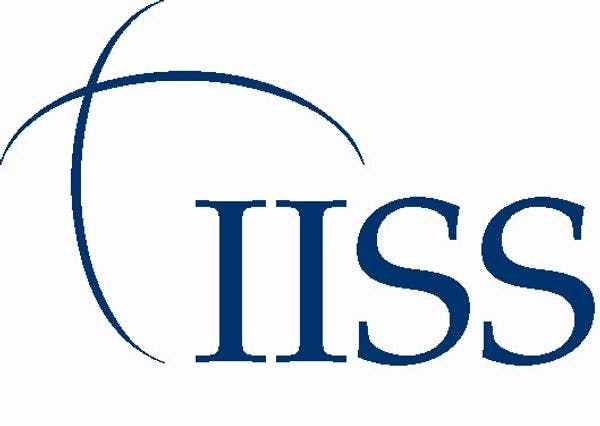Colloquium on counter-narcotics policy in Afghanistan: transition and beyond
Taking place only a few weeks after the NATO Summit in Chicago in May 2012, an event where discussion of counter-narcotics (CN) policy was noticeably absent, the IDPC funded International Institute of Strategic Studies (IISS) colloquium succeeded in stimulating discussion on an issue area that has currently dropped off the policy radar.
The colloquium was deliberately planned to be a small off-the-record meeting to enable frank discussion between a diverse range of participants. Those involved including an interesting mix of individuals including representatives of the UK government (Home Office and Foreign and Commonwealth Office), non-government organisations, Afghan experts and academics, ensured that the event covered a range of issues relating to transition and the policy formulation environment. The colloquium was chaired by Nigel Inkster, Director of Transnational Threats and Political Risks, with presentations made by Dave Bewley-Taylor, David Mansfield (Independent Consultant) and Sultan Mohammad (Director, Organization for Sustainable Development and Research, Kabul).
Sultan Mohammad began the proceedings by providing first-hand observations on the situation on the ground within a range of Afghan provinces where opium cultivation takes place and CN strategies are in operation. Dave Bewley-Taylor followed with a more conceptual contribution concerning the idea of policy transfer and the often limited role of Afghan nationals within the formulation of Afghan drug policies, particularly the National Drug Control Strategy. David Mansfield’s presentation focused on the emerging picture of opium production and associated social and economic issues coming from recent field work in Helmand Province. Discussions centred on the unattractiveness of policy debate around CN in the transition environment, the over-reliance on foreign experts and consultants on policy formulation, the dominant role of donor states and ascendancy of their priorities and the effect of CN policies on share-croppers and small farmers.
Core suggestions to come from the meeting
- Efforts need to be made to develop structures (e.g. fellowship programmes) whereby Afghans (NGO and government) can be trained in policy analysis in order to build sustainable post-2014 capacity within the CN field.
- Afghanistan needs a post-2014 strategy that mitigates collateral damage from the most vulnerable Afghans, that has at its core the interests of the Afghan population, and which is drafted by Afghans.
- While there are discussions on alternative crops, many Afghans recognised the need for a holistic and integrated development approach that embraces alternative livelihoods beyond the agricultural sector.
- There is a need to (re)engage the broader development community in the issue
- The concept of shared responsibility must be central to any serious attempt to stem drug trafficking and related issues within Afghanistan. Traditional consumer states cannot continue to simply focus most attention (and resource) on upstream interventions in supply countries.
In additional account of the event can be found on the IISS Voices blog under ‘Rethinking the drugs war in Afghanistan’.
Keep up-to-date with drug policy developments by subscribing to the IDPC Monthly Alert.
Regions
Related Profiles
- International Institute for Strategic Studies (IISS)
- International Drug Policy Consortium (IDPC)
